Support of the Union through Verse, the Pen, and the Sword: Selected Highlights from The American Civil War Collection, 1860-1922
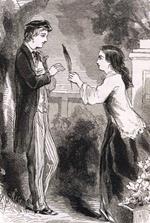
The inside story of a secret society, a firsthand account of a naval pursuit, and a strongly worded argument in international relations—these three items only scratch the surface of the newly digitized materials in the initial release of The American Civil War Collection, 1860-1922: From the American Antiquarian Society.
An Authentic Exposition of the “K.G.C.”, “Knights of the Golden Circle”, or A History of Secession from 1834 to 1861 (1861)
By A Member of the Order
Secret societies, and the fear of them, have long been a part of American history. The purpose of the Knights of the Golden Circle was to increase the power of the Southern slave-holding upper class, primarily through the creation of additional “slave states.” Toward that end, the Knights’ original objective was to annex parts of Mexico, Central and South America, and the Caribbean.
The Chase of the Rebel Steamer of War Oreto: Commander J.N. Maffitt, C.S.N., into the Bay of Mobile, by the United States Steam Sloop Oneida, Commander Geo. Henry Preble, U.S.N., September 4, 1862 (1862)
By George Henry Preble
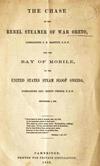
Early in 1862 the Oneida joined the West Gulf Blockading Squadron and participated in the attacks on Forts Jackson and St. Philip. In the summer of 1862 she helped prepare the way for the Vicksburg Campaign by destroying obstructions in the Mississippi River. By the fall of 1862 the Oneida was in pursuit of the Oreto, the dramatic account of which is described here.
Precedents of American Neutrality: In Reply to the Speech of Sir Roudell Palmer, Attorney General of England, in the British House of Commons, May 13, 1864 (1864)
By George Bemis
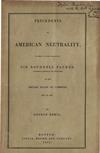
The importance to the Union of British neutrality in the American Civil War cannot be overstated. To that end, George Bemis makes the legal argument opposing British military support of the Confederacy, based on precedents of American neutrality toward Britain as early as 1793. His stinging rebuke of the Attorney General of England’s position begins with, “the late speech of…Sir Roundell Palmer…contains so many misrepresentations, or misstatements concerning American law and statesmanship…that, as one interested in the just record of his country’s history, and in the correct appreciation of the opinions of that eminent jurist and publicist, the writer feels impelled to notice and reply to them.”
The first release of The American Civil War Collection also includes items on the popular history of the era, such as a poem about the experiences of a young boy during the war and the lyrics of a song cheering on Union soldiers. Often publications like these are accompanied by wonderful illustrations.
The Drummer Boy: A Story of the War (1862)
By Cousin John
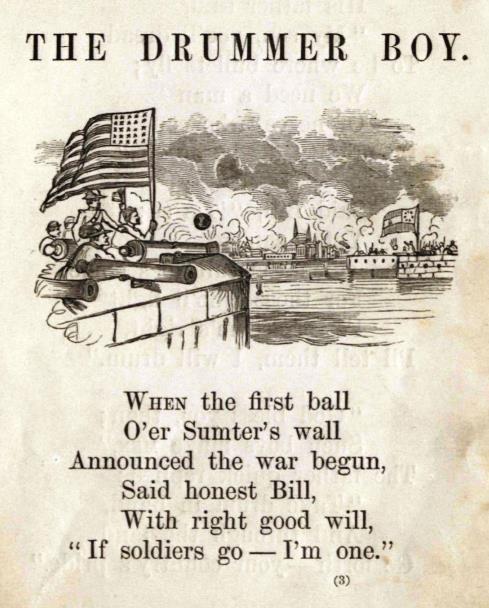
Six military and patriotic illustrated songs: Elaborately colored. In a novel form (1863)
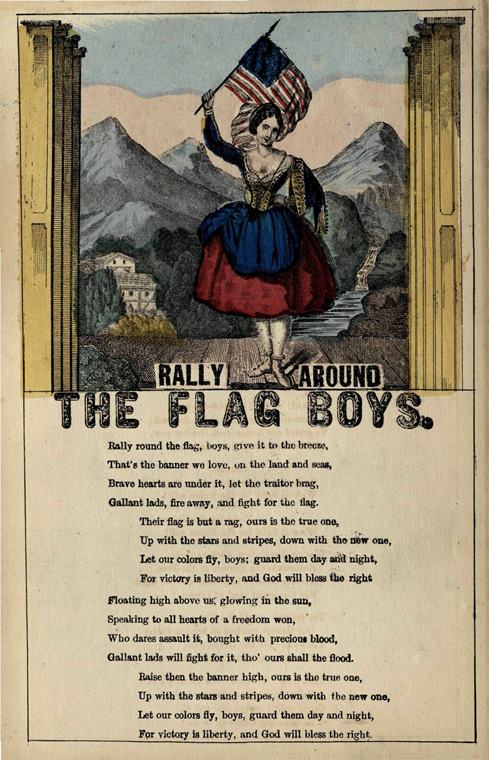
For more information about The American Civil War Collection, 1860-1922, or to request a trial for your institution, please contact readexmarketing@readex.com.



